Centers of Excellence on Environmental Health Disparities Research (EHD)

Early Career Researcher Studies Exposures to Protect Babies and Mothers
October 18, 2023
Ixel Hernandez-Castro, a doctoral student in epidemiology in the Keck School of Medicine at the University of Southern California, spoke with NIEHS about her journey as a researcher with the Maternal and Developmental Risks from Environmental and Social Stressors (MADRES) center, one of the NIEHS-funded Centers of Excellence on Environmental Health Disparities Research.- Community Engagement
- NIEHS
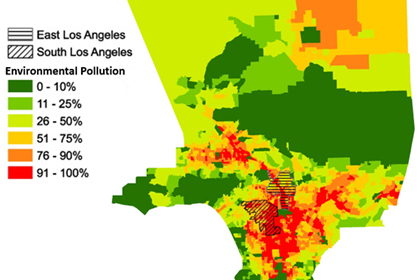
MADRES Center Documents Mother’s Environmental Health Concerns
April 07, 2023
To advance public health, researchers and health practitioners must understand the lived experiences of the communities they serve, according to a study by the Maternal and Developmental Risks from Environmental and Social Stressors (MADRES) Center for Environmental Health Disparities in partnership with mothers living in Los Angeles County, California.- Community Engagement
- NIEHS

MADRES Pilot Projects Promote Environmental Health
February 23, 2023
The Maternal and Developmental Risks from Environmental and Social Stressors (MADRES) Center for Environmental Health Disparities is beginning their 2023 pilot projects. Through this initiative, the center hopes to advance environmental health research while also training the next generation of scientists.- Science Highlights
- NIEHS
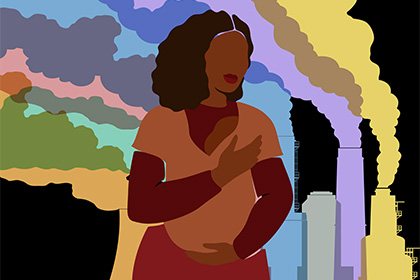
Tracy Bastain Discusses Contribution of MADRES With California-Based Publication
October 21, 2022
Low-income Hispanic women who are exposed to high levels of air pollution during mid-pregnancy may be at greater risk of depression one year postpartum.- Science Highlights
- NIEHS
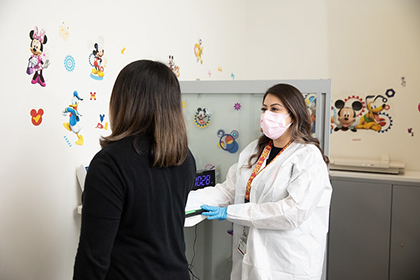
Diet May Play a Role in Development of Pregnancy Complications Among Women
June 05, 2022
Diet may play a role in the development of dangerous high blood pressure disorders in late pregnancy among Hispanic women, according to research at the Maternal and Developmental Risks from Environmental and Social Stressors (MADRES) Center for Environmental Health Disparities.- Science Highlights
- NIEHS

Gary Adamkiewicz, Ph.D. – Using Housing As an Opportunity to Improve Health
May 06, 2022
Gary Adamkiewicz, Ph.D., who directed one of the projects for the Center for Research on Environmental and Social Stressors in Housing Across the Life Course (CRESSH) works with community groups in Massachusetts to reduce housing-related exposures.- Community Engagement
- NIEHS
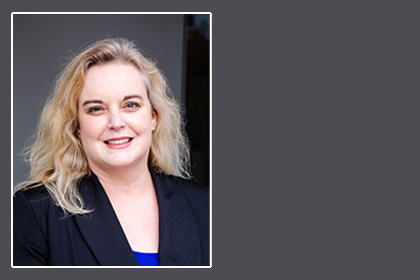
Air Pollution Exposure During Pregnancy Is Linked With Greater Risk of Depression Among Latinas
January 31, 2022
Low-income Hispanic women who are exposed to high levels of air pollution during mid-pregnancy may be at greater risk of depression one year postpartum.- Science Highlights
- NIEHS
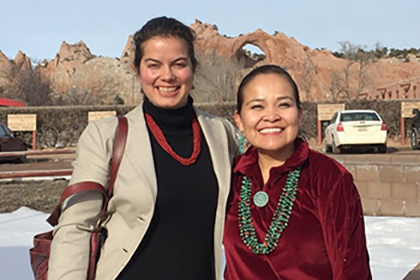
Rural Health Disparities Influenced by Structural Factors, Experts Say
January 31, 2022
Access to safe drinking water is not universal across the U.S., said Paloma Beamer, Ph.D., during a talk on exposure to environmental contaminants.- Community Engagement
- NIEHS
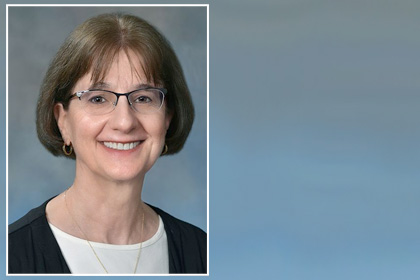
Elaine Symanski, Ph.D. – Collaborating with Communities to Address Environmental Health Disparities
December 21, 2021
Elaine Symanski, Ph.D., co-director of the Maternal and Infant Environmental Health Riskscape Research Center, works with Houston communities to understand how biological, physical, social, and built environments affect maternal and infant health.- Community Engagement
- NIEHS
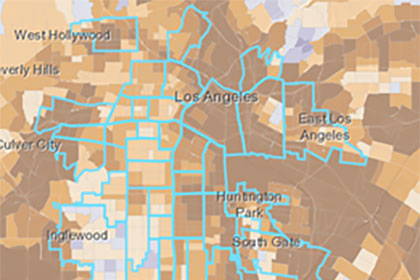
MADRES Story Map Depicts the Overlap of COVID-19 and Environmental Stressors
August 06, 2021
The NIEHS-funded Maternal and Developmental Risks from Environmental and Social Stressors (MADRES) Center for Environmental Health Disparities has developed an interactive story map that depicts how certain Los Angeles communities are faring during the COVID-19 pandemic.- Community Engagement
- NIEHS


